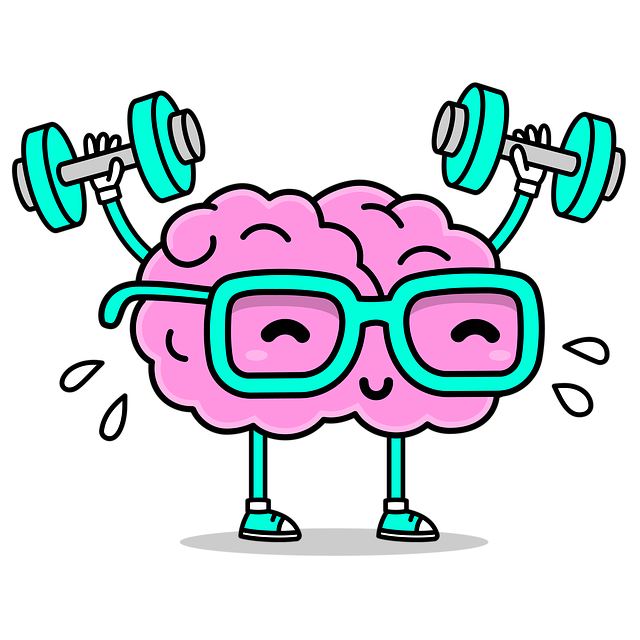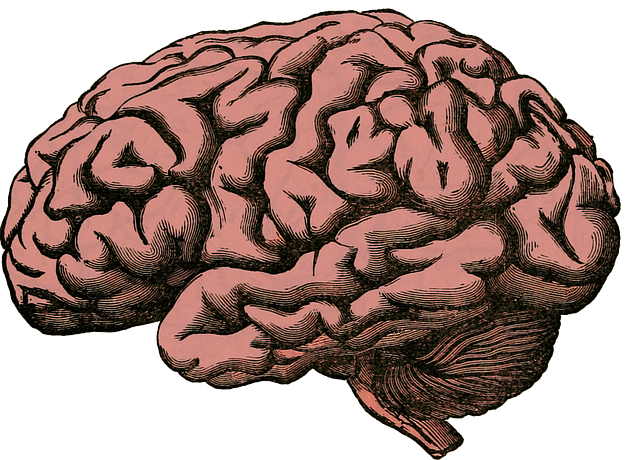In today's fast-paced world, mental wellness is crucial for young Hebrew-speaking children. Access to tailored therapy is limited due to cultural and linguistic barriers. The need arises from families' difficulties finding therapists who understand their unique context. Thus, specialized Mental Wellness Coaching Programs integrating cultural sensitivity and emotional intelligence are vital. These programs, combined with public awareness campaigns, educate parents on recognizing emotional distress in children. Effective coaching incorporates child-centric approaches, engaging activities, and mindfulness meditation to teach coping mechanisms and enhance mental wellness. Community-based initiatives, employing qualified Hebrew-speaking coaches, address cultural nuances and language barriers, ensuring accessibility and tracking participant progress through regular assessments.
Mental wellness coaching programs are gaining importance in addressing the unique challenges faced by young Hebrew-speaking children. This article explores the development of such programs, focusing on three key aspects: understanding the cultural context and specific needs of these children, designing effective therapy with a child-centric approach, and implementing and evaluating accessibility and success within community settings. By integrating cultural sensitivity, these strategies enhance the effectiveness of therapy for young Hebrew-speaking children.
- Understanding the Need for Mental Wellness Coaching in Young Hebrew-Speaking Children
- Designing Effective Therapy Programs: Cultural Sensitivity and Child-Centric Approach
- Implementation and Evaluation: Ensuring Accessibility and Measuring Success in Community Settings
Understanding the Need for Mental Wellness Coaching in Young Hebrew-Speaking Children

In today’s fast-paced world, mental wellness is a critical aspect of overall well-being, especially for young Hebrew-speaking children. While traditional therapy has long been accessible for adults, recognizing and addressing emotional challenges in children through specialized coaching programs is relatively newer. The need for such initiatives arises from the unique cultural and linguistic context of Hebrew-speaking communities, where access to tailored mental health support may be limited. Many families struggle to find therapists who understand their cultural nuances and speak their native language, creating a barrier to seeking help.
This gap in services highlights the importance of developing Mental Wellness Coaching Programs specifically designed for young Hebrew speakers. By integrating cultural sensitivity and emotional intelligence into coaching methods, these programs can effectively support children’s mental health needs. Public awareness campaigns play a pivotal role in educating parents and caregivers about the signs of emotional distress in children, encouraging them to seek early intervention and promoting a culture of open dialogue around mental wellness.
Designing Effective Therapy Programs: Cultural Sensitivity and Child-Centric Approach

Designing effective therapy programs requires a nuanced approach that considers cultural sensitivity and adopts a child-centric perspective. In today’s diverse society, it is essential for Hebrew speaking young children to receive therapy tailored to their specific needs and backgrounds. This involves understanding the family dynamics, cultural beliefs, and traditional practices that may influence a child’s emotional well-being. For instance, incorporating empathy building strategies that resonate with their cultural identity can foster trust and open communication.
A child-centric approach focuses on the individual child’s unique challenges and strengths. Therapists should use engaging activities, such as games and storytelling, to teach essential social skills training while also introducing mindfulness meditation techniques. These methods not only help children develop coping mechanisms but also enhance their ability to regulate emotions and build resilience. By combining cultural sensitivity with interactive and adaptive strategies, therapy programs can effectively support the mental wellness of Hebrew speaking young children.
Implementation and Evaluation: Ensuring Accessibility and Measuring Success in Community Settings

Implementing mental wellness coaching programs in community settings requires careful consideration to ensure accessibility and inclusivity for all members, especially young children who may have unique needs and challenges. When tailored for Hebrew-speaking communities, these programs must address cultural nuances and language barriers to be effective. One way to achieve this is by employing qualified coaches who are fluent in Hebrew and understand the specific mental health concerns prevalent within these communities.
Evaluation of such programs is crucial to measure success and identify areas for improvement. This involves tracking participant progress through regular assessments, focusing on indicators like reduced symptoms of anxiety or depression, enhanced coping skills, and improved overall resilience. By measuring these factors, community-based coaching initiatives can effectively contribute to burnout prevention and promote the development of vital coping mechanisms in young children.
The development of mental wellness coaching programs tailored for young Hebrew-speaking children is a vital step towards fostering resilience and emotional well-being within this specific community. By combining cultural sensitivity with a child-centric approach, as outlined in this article, we can create effective therapy programs that address the unique needs of these young individuals. Implementation and evaluation strategies ensure accessibility and measure success, ultimately leading to improved mental health outcomes for Hebrew-speaking children. This comprehensive approach to therapy for young children is a promising game-changer, offering hope and support where it’s needed most.








